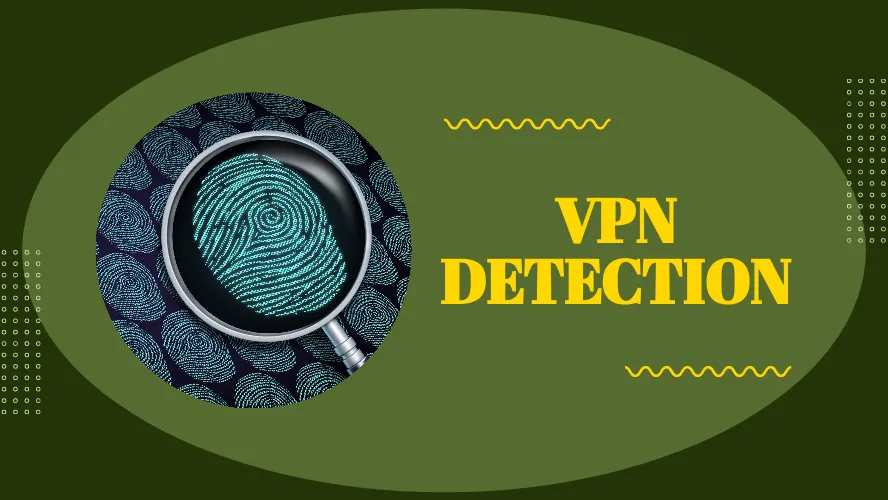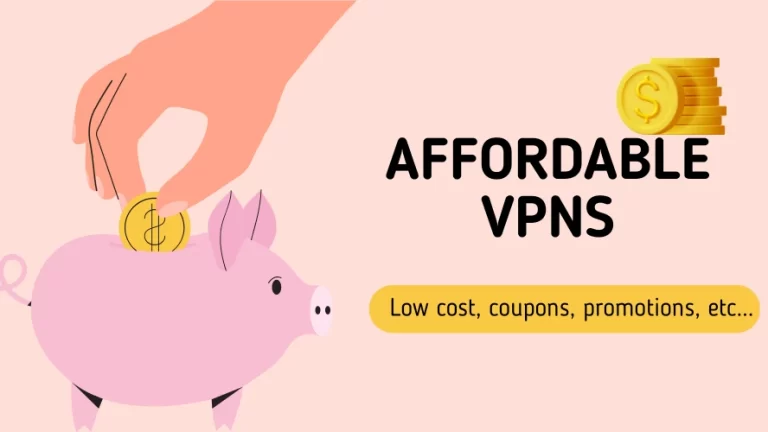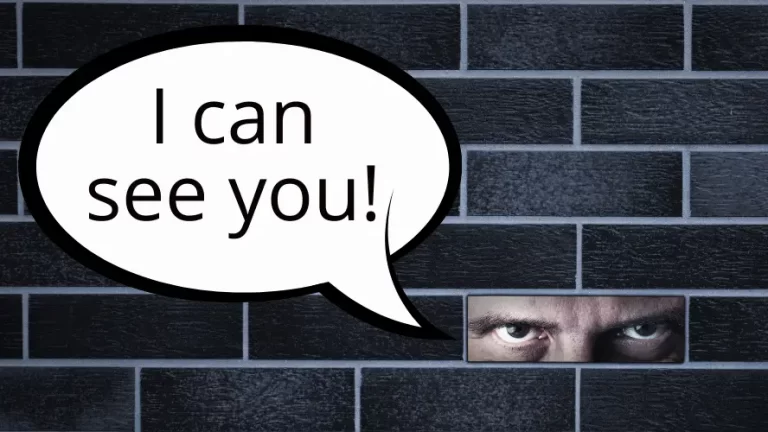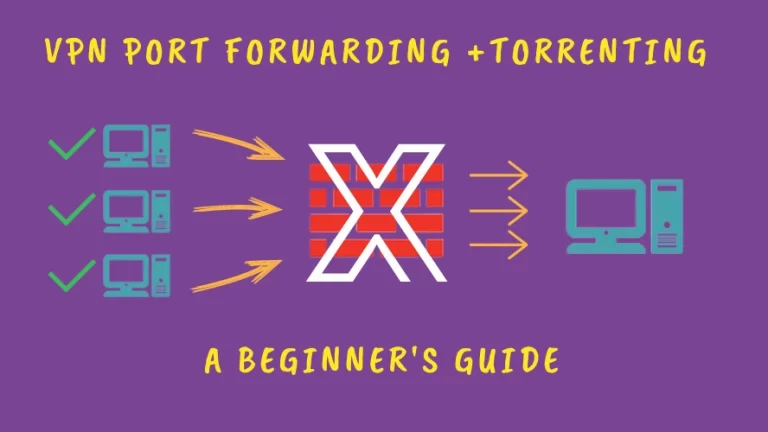A VPN is an excellent tool to hide your torrenting activity. However, that doesn’t mean it can’t be detected. In fact, most entities can see you are using an IP address from a VPN provider. To put it simply, your VPN is not invisible.
However, just because someone can detect your VPN doesn’t mean they can monitor your download activity. And that’s a great way of starting this post; by explaining the difference between detection and monitoring.
VPN Detection Is Not the Same as Activity Monitoring
When we talk about detection, we’re talking about whether or not an entity can see that you are using a VPN. It’s the ability to see that your traffic is encrypted and sent through an IP address that belongs to a VPN provider. Detecting a VPN is normal, and it’s the furthest someone trying to monitor your traffic can go (if you are using a decent VPN). They would need to break the VPN’s encryption to be able to spy on your traffic.
On the other hand, monitoring your torrent activity is the ability to spy on your traffic. In this case, we’re talking about whether or not that entity can see what you’re downloading.
Your ISP Can See You are Using a VPN
Yes, your ISP can tell you’re using a VPN. However, if they try to look at your activity, they would see a considerable amount of encrypted data being transferred back and forth. The fact that your ISP can see an encrypted connection is one of the first signs you are using a VPN.
How do they know?
Occasionally, ISPs tend to scrutinize the traffic of power users. Most of the time, it’s because they suspect P2P activity is occurring.
In their traffic analysis, ISPs use different strategies to monitor your activity, such as deep packet inspection. If you weren’t using a VPN, they could track your torrent downloads and see what was being sent. However, their traffic analysis is useless when facing encrypted packets. Your ISP’s technicians would quickly realize you were utilizing a VPN.
Will you get in trouble with your ISP for using a VPN?
You will not have problems with your Internet Service Provider for using a VPN. Except for a few non-free countries (China, Iraq, Venezuela, etc.), they’re entirely legal.
Contrary to what copyright trolls push, a VPN is not evidence of any crime or civil infraction. People use this type of security software for many reasons, like staying safe while on public Wi-Fi.
Who Else Can See You are Using a VPN?
Your VPN use can be detected by anyone attempting to monitor your traffic. This includes:
- Copyright trolls
- Copyright holders (studios and record labels),
- Research companies (paid to do that work).
How can they see you are using a VPN?
First, they need to get the IP address you are using; and finding it isn’t a difficult job. The BitTorrent protocol is public, and when you connect to other peers to download a file, your IP will be visible in the swarm of that torrent file.
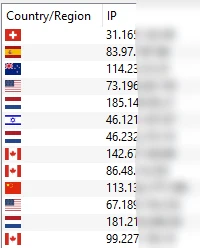
Such entities just have to join a popular torrent and look at the IPs in the swarm to analyze each one of them. Even you can check IP addresses from users seeding and downloading a file.
On the right, you can see a screenshot of qBitTorrent. Those are the IPs of peers seeding and downloading a specific torrent. And this can be done on every BitTorrent client.
They will associate these IPs with VPN providers
Most VPN providers use thousands of IP addresses that are assigned to servers spread around the world. But, after filtering those IPs per country, it’s easy to see that they are almost identical, coming from the same place and used by different users. When these entities try to spy on user activity, they use softwares with algorithms that analyze those IPs and detect a VPN immediately.
But it’s not like VPN providers are trying to hide the fact that they own these IPs. Nowadays, the job of a VPN is not to stay undetected but, instead, to protect user privacy.
Conclusion
Detecting your VPN is normal and inevitable. You have no reason to hide the fact that you are using one. And even if you or your provider try to do it, it will probably be detected in the end. You should put your efforts into being protected, not invisible.
Nowadays, identifying a VPN does not change anything. Remember that you have the right to online privacy. Using a VPN is completely legal and takes control of your data from your ISP, transferring it to you!
